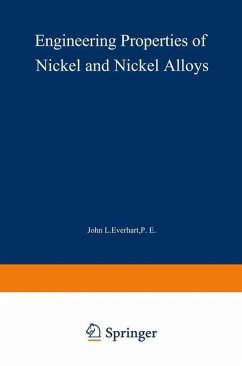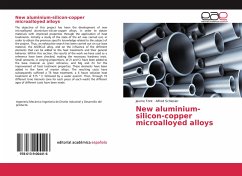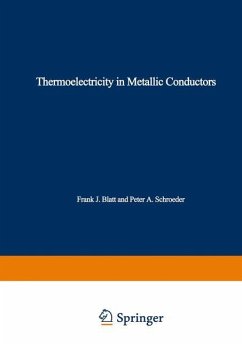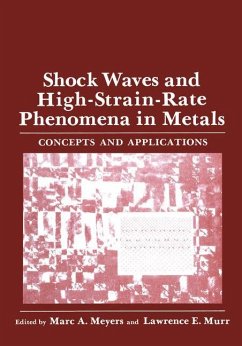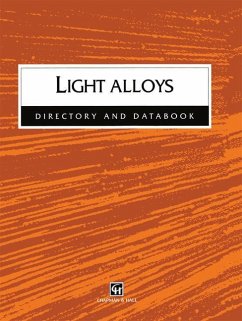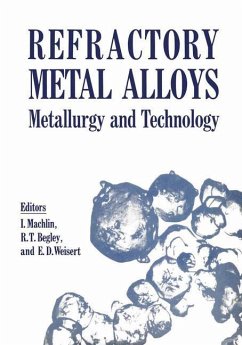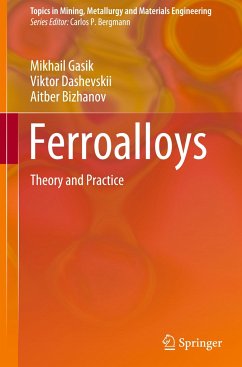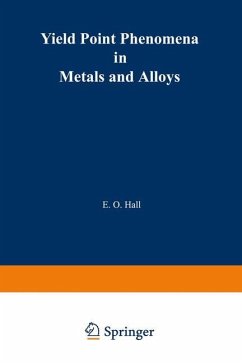
Yield Point Phenomena in Metals and Alloys

PAYBACK Punkte
50 °P sammeln!
Exceptions to the rule are always interesting, and the anomalies in the stress-strain curves of mild steel and in many other metals and alloys have excited the curiosity of engineers and scientists for well over a hundred years. Yet it is only during the last twenty years that significant theoretical advances have been made, and the aim of this book has been to examine these theories against the background of the considerable volume of experimental results published over the last few years, up to mid-1969. Hence this review volume has a two-fold aim; the first chapter attempts to review the ge...
Exceptions to the rule are always interesting, and the anomalies in the stress-strain curves of mild steel and in many other metals and alloys have excited the curiosity of engineers and scientists for well over a hundred years. Yet it is only during the last twenty years that significant theoretical advances have been made, and the aim of this book has been to examine these theories against the background of the considerable volume of experimental results published over the last few years, up to mid-1969. Hence this review volume has a two-fold aim; the first chapter attempts to review the general theories of yield point phenomena, using sufficient examples only to illustrate the theories. This chapter is intended to be complete in itself, and could be read by under graduates who wish to appraise rapidly the general background to the problem. The remaining chapters deal, in turn, with the various alloys exhibiting yield point phenomena. Thus, chapter 2 on mild steel, is a more extensive study of quench and strain ageing, while Chapter 3 is on the refractory metals and discusses theories of the low-temperature strength. The next concerns hydrogen in meta-Is. Chapters 5 and 6 discuss the face-centred cubic alloys, particularly the cases of the unloading yield point and intermetallic compounds. Chapter 7 covers hexagonal and ionic structures. A brief final chapter considers the areas where further research may be fruitful.





